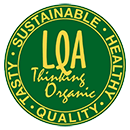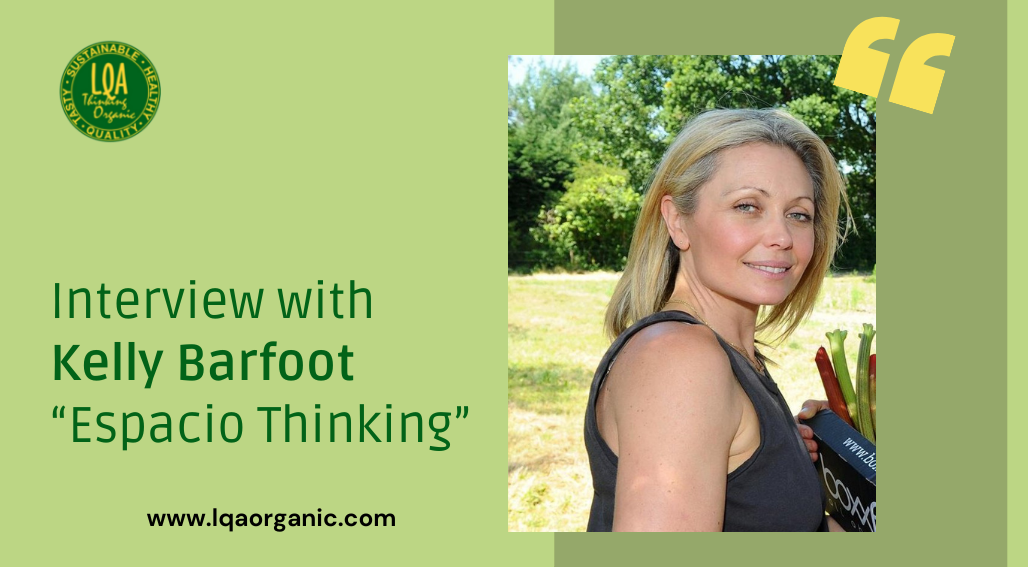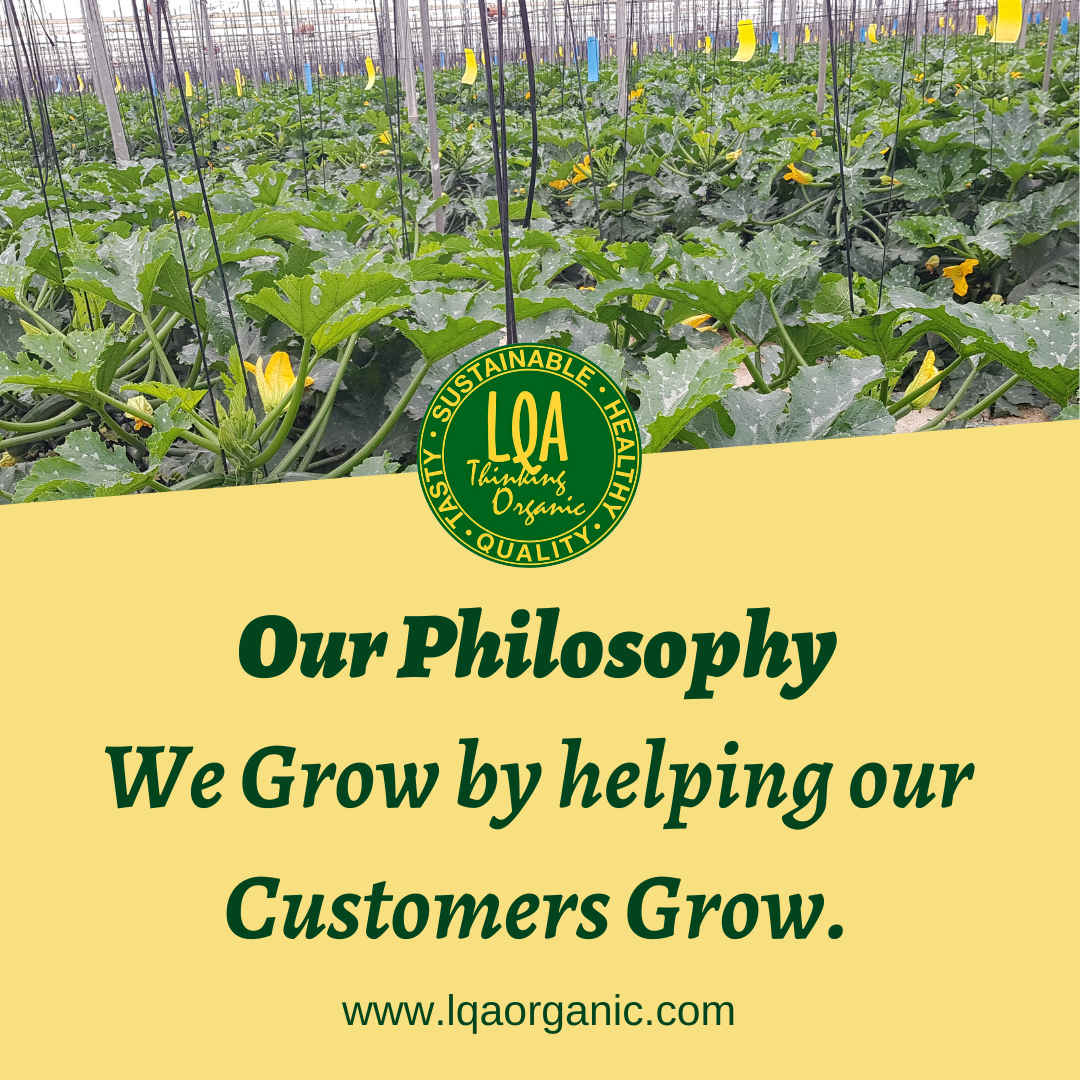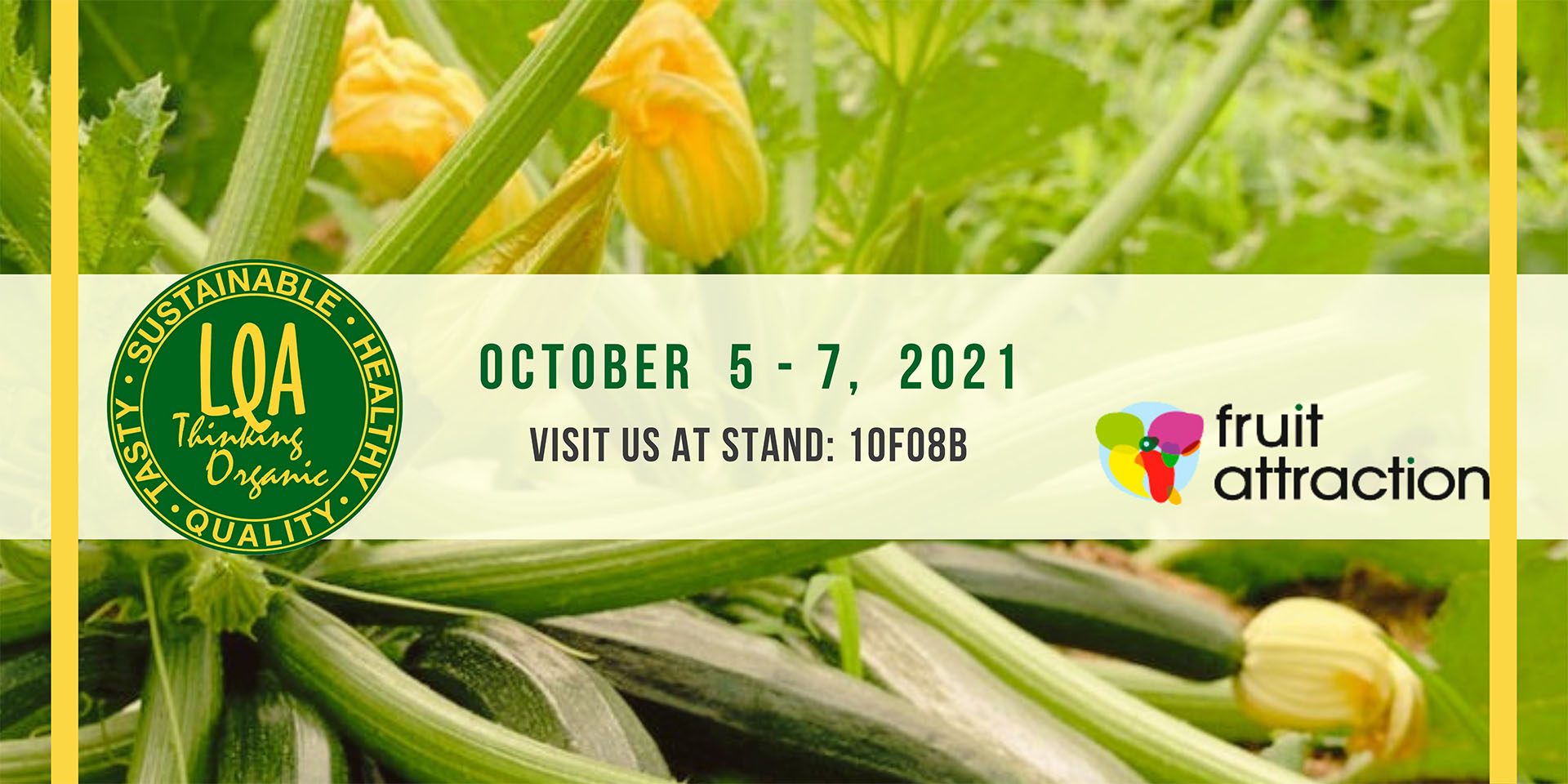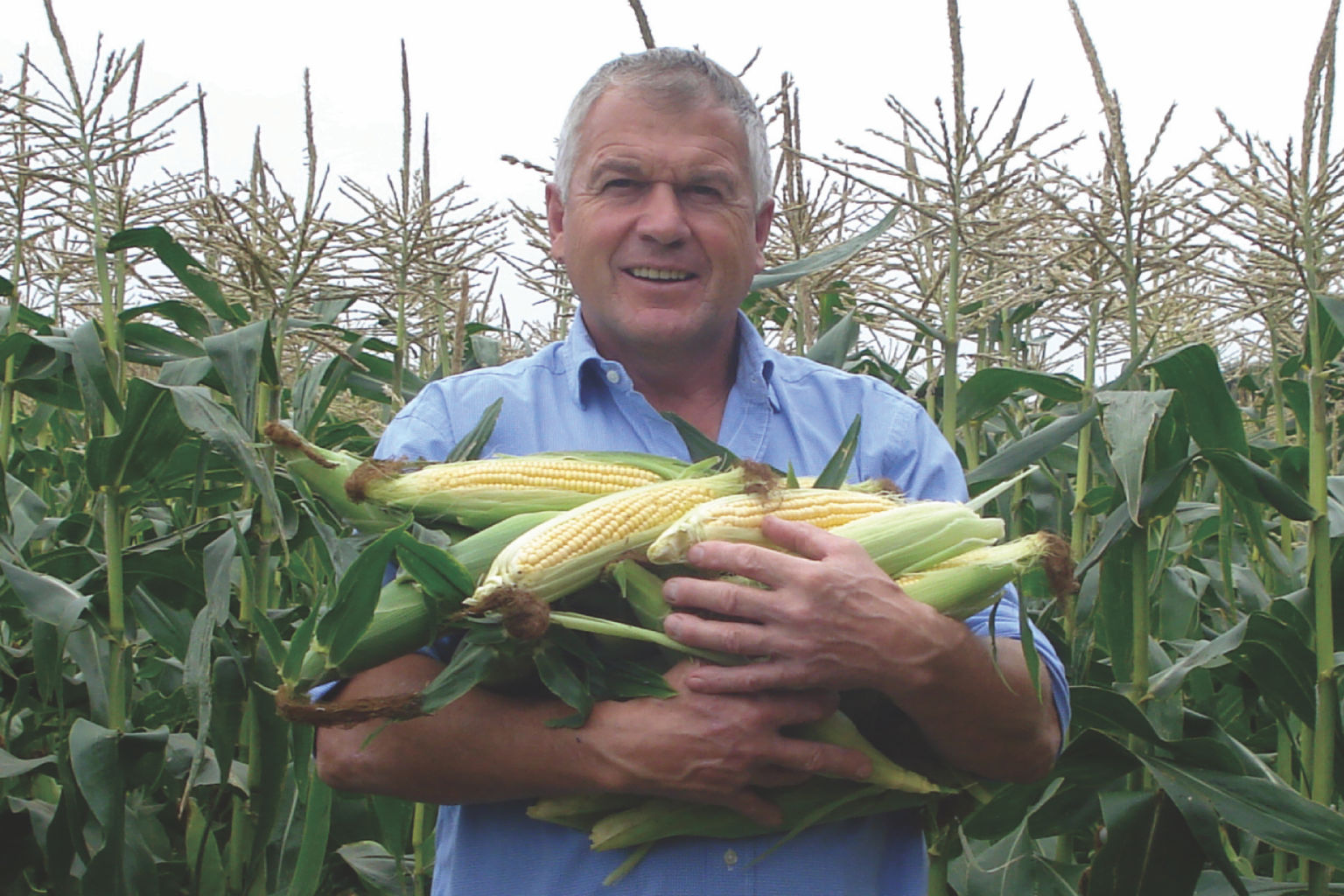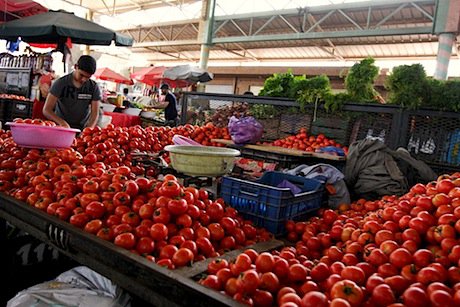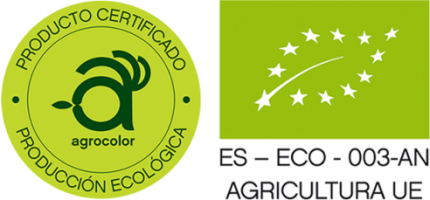In our objective of introducing new and different initiatives in the global world of Fresh Produce; today we interview Kelly Barfoot; a clear example of women’s empowerment in the 21st century.
Kelly is the CEO of BoxxFresh, a wife and a mother of 3 children. She possesses extensive preparation in personal training, well being and nutrition.
– What is BoxxFresh and what is the difference with other companies in its segment, what type of consumer is it aimed at? What is the social profile of the “typical BoxxFresh customer”?
Boxxfresh is an independent on-line shopping service for healthy, plant-based and organic food. We tested the concept as a local veg-box delivery service, sourcing fresh produce from growers within our region and delivering to local households in our own vans. Our customers are people that want to eat better and to feel more connected to the seasons and provenance of where their food comes from. We have now scaled-up the business and deliver nationwide via a service partner DPD to every postcode in the UK. We are still a small family business, competing against larger operators – so we have to differentiate our offer, which is 100% plant-based (vegan friendly) to support people trying to live more kindly and healthily. We recently were recognised the Hurst Publishing Group (owners of titles such as Cosmopolitan, Good House Keeping, Mens Health, Red, Elle etc), as ‘Britain’s best customisable food box service’ – something that amazes us, given the size of our competition – but our amazing website enables people to choose their budget, select exactly what they want boxxfresh.com and decide when they want it. Our service is completely flexible and subscription free.
– On your website you emphasize your packaging format in it being free of plastic, what packaging do you carry out and why? What do you think of the “Break-Free-From-Plastic” movements that have been launched to curb the problem of plastic pollution?
For Boxxfresh this was easy to do. When you start from zero, nowhere, and want to do something positive for the planet – it is easy to build a plastic-free business brand. Our more established competitors still haven’t achieved this! We use a combination of recycled and sustainable board from managed forests for our shipping boxes, with vegan friendly dyes. The problem with plastic is how it is dispose of around the world, always finding its way to the poorest countries with poor environmental regulation. This is an industry-wide problem but it is only the consumer’s awareness that has the power to change the industry. If consumers choose to not purchase single-use-plastics, it puts pressure on the industry to respond…
– Have you noticed a change in consumption habits as a result of Covid 19, perhaps more demand for fresh and safe vegetables that strengthen the immune system?
Consumers have started to learn more about the importance of their health and the associated risks of poor health and COVID fatality, so I think there is some renewed optimism. The science tells us that COVID disproportionately kills overweight and obese with type-2 diabetes; which are all lifestyle related cardio-metabolic diseases. The problem is that it is easier for these populations to be put on expensive medication by their doctors to manage their blood-sugar illness, than for these patients to take responsibility for themselves. Everyone knows that eating 5+ portions of fruit and veg a day will help with a balanced diet and healthy lifestyle, but humans are lazy and want a magic pill. The modality of Home-delivery becoming universally accepted as an easy and inexpensive way to get your food, without the risk of walking around shops, has been the biggest societal change.
– Do you think there is more interest in certain consumer demand sets than in others (for example; that of organic consumers or those with a vegan or a vegetarian profile)?
The rise of the conscious consumer is a relatively new thing. There have always been consumers with special dietary requirements, allergies and ethical beliefs; whether gluten free, lactose free, vegetarian, Vegan etc. But, what has changed in the last few years is the marketing of these preferences as value-add, by food manufacturers and supermarkets, who see the commercial opportunity of higher margin, personalised products. It’s no longer an obscure niche, but a mass-market of opportunity to have a wider choice of everyday products available to buy that are effectively ‘personalised nutrition’. This is the new normal and people are willing to pay.
– What are your thoughts on organic fruits and vegetables? In your opinion may there be an impact in terms of the current economic recession situation, will the UK increase or reduce their consumption?
This is a complex and broad subject. It is not only a mater of science, but also of belief and ethics. I will start by saying that the first problem is a great deal of consumer misunderstanding and confusion about Organic food in the UK. The problem lies in the difference between the USA and the UK standards. Most of the global internet and social media references about Organics come from the USA, where the safety of food regulations are so much lower than the EU and UK. This makes organic food in the USA more significant, as the types of chemicals that farmers can use in the USA were banned in the 1980’s across the EU & UK Consumers in the UK for instance, look to English speaking USA social media and assume everything translates, that it is the same here. In reality things couldn’t be more different. Organic certification bodies like the Soil Association have done a good job at branding and regulating, but the current reach of the Organic certification does not go far enough in our opinion. For instance, Organic does not mean equitable, ethical or fair-trade…so in this example it is technically possible to grow an organic crop program, but have a very unsustainable business that exploits and pollutes. There are also many Organic cheats in lower regulation countries, defrauding an antiquated paperwork system for a higher margin. I think Organic should be a minimum standard with block-chain technology used to control it. The second part is economics. If consumers want healthier and more environmentally friendly choices, then the reality is that these ‘value add’ features come at a cost. Organic farming costs more and if restrained by conventional classing/grading systems will produce less sellable premium class 1 yield. Again consumers don’t understand this and see the 20% organic mark-up as a barrier.
– On your website you advocate seasonal and local produce. Do you think that an organic fruit which comes from overseas is really organic?
Ditto my comments above. I do not trust Organic from non-EU countries due to the propensity of fraud and worker exploitation in 3rd world countries. ‘Seasonal and local’ are words that mean something to people and reassure them. They understand that this means fresher. How local is local you may ask? We say 50 miles, but we can extend this to British seasonal, which has taken on a bit of an invigorated meaning since BREXIT. Of course, it is not possible in the UK to grow citrus, avocados, pineapples or grapes, which we also offer year round, but only by sea freight.
– What would you say to certain nutritionists who declare that vegan food is not healthy in growing ages, elite athletes, pregnant women etc, due to the deficiency of protein, iron, Omega 3 and Calcium? Are you in favor of “supplementation”?
I love this argument. It is not about ‘winning’ but about understanding. I have spent years in this space and know many doctors, dieticians and nutritionists- none of which ever argue against eating a fresh and clean diet. There is not one unified theory, as the human race, ethnicity and microbiome are complex – as are geographies, economics and food resources. Who are the healthiest people on the planet in terms of average life expectancy and other health markers of disease? You won’t be surprised by the answer – and its those with the simplest diets! I will start by saying that even people who eat a traditional western mixed diet of animal and vegetable foods can be deficient in critical nutrients and suffer from chronic inflammation. In fact most of this group are deficient in vitamin A, in B vitamins such as B12 (which can only come from the soil), Omega 3, magnesium and more worrying, FIBRE. So let’s not try to pretend that the traditional diet is a panacea, or that people who are choosing to reduce food groups are at increased risk! Next, it must be understood why people, upon discovery of an illness or dietary deficiency, decide to research and explore with different foods. I will cite Gluten-Free as an example: less than 1% of the UK population is diagnosed as COELIAC, a very debilitating and painful auto-immune condition that I wouldn’t wish on my worst enemy. Yet, GLUTEN FREE certified and branded food has boomed for the 99%. Why? The answer is that people feel better and less bloated by eating less gluten-based foods, which are mostly brown carbohydrate based and are probably the cause of the inflammation rather than Gluten itself. They are also easily led by clever marketing. So it follows with lactose. So it follows with sugars. So it follows with the types of protein people consume. The issue with veganism, like organic, is consumer understanding. We all know that by eating 5+ portions of fruits and vegetables a day, eating lots of fibre, legumes, pulses, seeds and nuts…plus a multitude of different grain types (not just wheat) will help us feel better, have more energy, lose weight and slow the ageing process. We also know that eating too much saturated fat, too much processed foods, too much sugar, too much salt, alcohol and stimulants are going to result in heart disease and type-2 diabetes. Not to mention the effects of hidden chemicals and preservatives in processed food like trans-fats, potassium sorbate, nitrates, hormones and antibiotics. So the answer to these problems is simple, eat more plant based. Eat more clean label. Get to know where your food comes from. Eat like your grand parents did. Don’t get caught up in the whole Vegan debate about removing cruelty and suffering which is their belief. I support anybody trying to be better, whatever shape or form that takes. I would also advise against falling for the new ‘vegan branded’ protein alternatives as they are categorically filthy and full of chemicals besides.
– Why is it comparatively expensive to consume fresh vegetables and fruit in the UK?
This is pure economics and the reason why supermarkets are so successful. The polite answer is that the supermarkets run a collusive oligopoly that falsely sets the retail prices for products throughout the year, which have nothing too do with the cost price of the product. The retail margin is then managed, to maximise profit, creating the impression for the consumer that, for example, 2kgs of washed potatoes in a plastic bag are £2. I won’t go on.
– According to statistical data, 76% of fresh produce purchases in the UK are found in 4 large retailers. What do you think this concentration is due to?
Considering this extreme concentration, what future does “e-commerce” in the B2C (Business-to-Consumer) commercial format have in our sector. Again, in economic theory, this industry and market concentration ratio would be described as a cartel – but it’s allowed to continue as it is in the best interest of the public. The reality is that the UK government needs the supermarkets to keep the peace and curb inflation to acceptable levels! As we saw at the beginning of the pandemic with food and toilet roll shortages, there was public panic and this caused price instability and threatened civil unrest. Supermarket PLCs (stock exchange listed companies) are in reality estate agents of retail space, milking the brands for profit for their shareholders. This has created a super-profitable model that has only recently been challenged by the emergence of the discounters and the on-line model. The affects of this change are deeply felt in the pockets of the big 4 supermarkets and their share valuations have plummeted, having to be re-set. The future for basic shopping is not consumers sleep-walking around a mega store with trolly, but for those same shoppers to order on line and spend their time more creatively doing other things. The lockdown accelerated this new shopper reality.
– We from the Continent have always seen the British as interesting people, but one of their virtues was not precisely that of good cuisine, however in recent years there has been a renaissance of British cuisine worldwide by the hand of Chefs such as Fergus Henderson (Saint John Restaurant), Heston Blumenthal (with a Michelin star for his “Fat Duck Dinner” Restaurant) or Celebrity Chef Jamie Oliver. What do you think is the reason for this change?
As glitzy and showbiz as this all sounds, the reality is much more simple. Since the 1970’s the traditional Brit has been able to get a cheap flight to the mediterranean and enjoy simple foods like olive oil, olives…pasta, pizza and cheap red wines. Bringing home their taste for Spanish food and colourful cuisines from the med has influenced the British shopper’s tastes and the supermarkets have created the availability back home. We’ve turned from a nation of potato, onion and turnip munchers, to a preference for year round aubergines, peppers, courgettes and tomatoes…from Sunday roasts and fish’n’chips, to paella, pizza, lasagne etc. Thank God. Thats why we love southern Europe. The celebrity chefs have simply filled a vital need for food inspiration, but I don’t know many Brits who have actually been to these restaurants and tasted the food or indeed can cook it.
– Let’s go back to BoxxFresh. I think they have a “unique” and “innovative” product, it is called “VEGBRED”, which type of consumer is it aimed at? What are its nutritional and taste qualities? What is the raw material with which it is manufactured? … Do you make it yourself?
The Vegbred brand is a play on words. It’s the progeny of veg…as in being born or bred of Vegetables. The USP is simple…its healthier bread that’s better for you and your family – higher in fibre, high in vitamin A, lower in carbohydrate and slower in energy release (lower GI) with the goodness of vegetables. It is chemical, preservative and palm oil free, lower gluten being packed with up to 50% fresh sweet potato – which happens to be one of the healthiest and tastiest vegetables on the planet. Check out this link to our product range brochure VEGBRED PRODUCT RANGE.
– If someone in France, Germany or Spain is reading this interview and is interested in this type of bread, how can they buy it? Where can they go?
We are currently in an equity fund raising round for the next phase of business development which is to support the launch of the Vegbred brand into supermarkets in the UK and EU. We would like to distribute our brand into European retailers and food service companies. We bake, blast freeze and distribute frozen, so the product is easy to handle and has long life (12 months). Once on shelf it has 7 days in ambient. For more details check out INVEST IN VEGBRED.
– The cooking recipes on your website are impressive, high-quality, fast and easy to cook, as well as excellent photography. Who makes the recipes?
We ourselves do 100% of the recipe creation and photography in-house. This type of thing costs a lot of money to outsource, so we built a studio and purchased our own equipment to create the high quality content that drives the brand. Our team consists of ex-chefs, nutritionists and foodies, so we’ve got the core skills plus heaps of passion, flair and experience for what works. We’re not creating Michelin star food, but easy to make everyday food that anyone can prepare and enjoy. “Real food for real life” as we say!
– To conclude, where would you like to see yourself and BoxxFresh in 5 years time?
Boxxfresh has huge potential in a growth market of online D2C consumers. The reality is that we can only grow Boxxfresh within our means and resources. The organic growth model may take too long, so to reach the brand’s full potential as quickly as possible we need a corporate investor onboard with venture capital to accelerate our growth in this space. Our competitors are huge multi-million £ invested businesses, its time for us to take the step.
At LQA Organic we are extremely grateful to Kelly Barfoot for the time he has dedicated to us in this interview, we hope you have enjoyed it!
We are impatient to share our next interview, so as not to lose out, why not follow us on social media; Facebook | Twitter | Instagram | Linkedin
